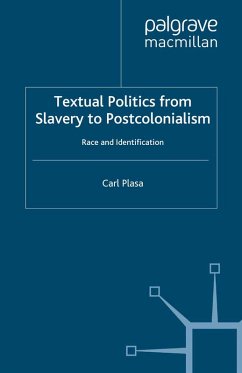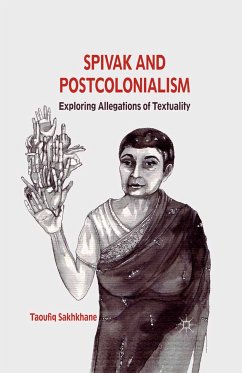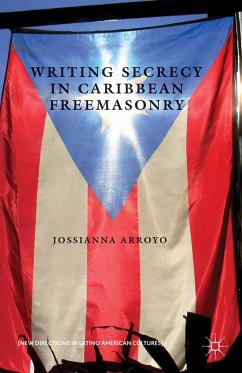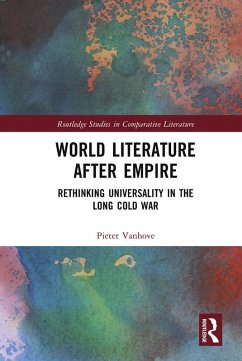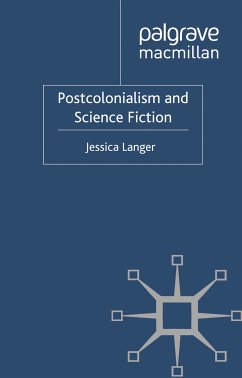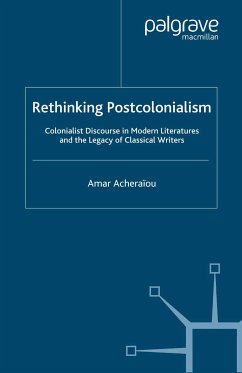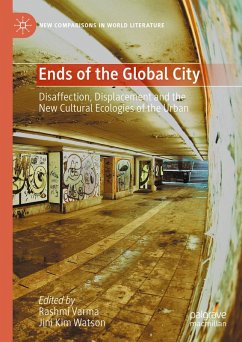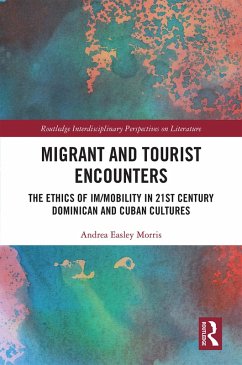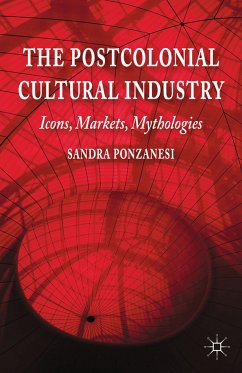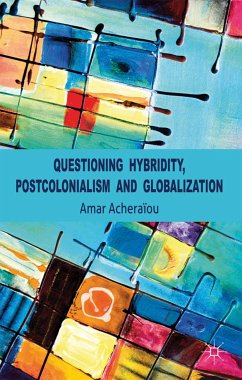
Questioning Hybridity, Postcolonialism and Globalization (eBook, PDF)
Versandkostenfrei!
Sofort per Download lieferbar
40,95 €
inkl. MwSt.
Weitere Ausgaben:

PAYBACK Punkte
20 °P sammeln!
AcheraIou analyzes hybridity using a theoretical, empirical approach that reorients debates on métissage and the 'Third Space', arguing for the decolonization of postcolonialism. Hybridity is examined in the light of globalization, indicating how postcolonial discourse could become a counter-hegemonic ethics of resistance to global neoliberal doxa.
Dieser Download kann aus rechtlichen Gründen nur mit Rechnungsadresse in A, B, BG, CY, CZ, D, DK, EW, E, FIN, F, GR, HR, H, IRL, I, LT, L, LR, M, NL, PL, P, R, S, SLO, SK ausgeliefert werden.



